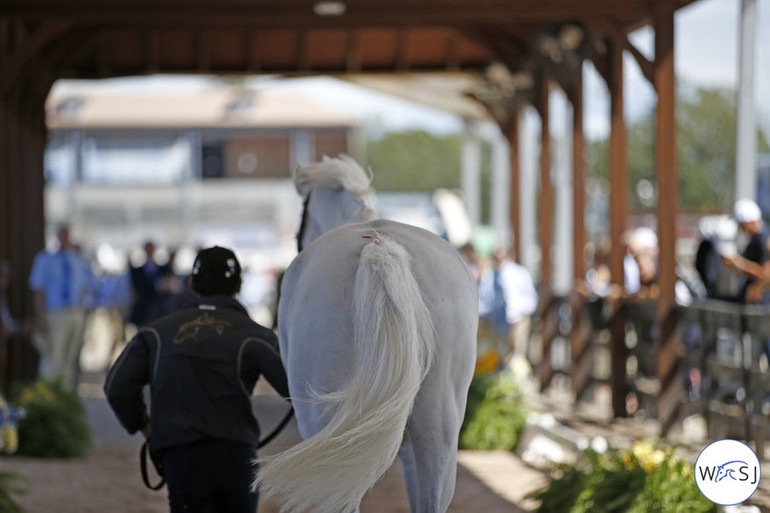Experts meet for two days of intense discussion on topics ranging from optimal therapeutic approaches to creating better equine athletes.
Text by Tim Worden
The 2019 High Performance Sports Medicine Symposium took place on April 11th and 12th in beautiful Oregon City, just outside of Portland. The meeting is the vision of veterinarians Dr. Mark Revenaugh and Dr. Tim Ober, and organized by Dr. Rachel Buchholz. The first meeting was held in 2014, and has taken place every spring since. The symposium featured talks from veterinarians, physicians, therapists, researchers, nutritionists, and health experts.
“We wanted to bring together leaders from a variety of backgrounds to discuss some of the most pressing issues facing sport horses today,” says Dr. Revenaugh, owner of Northwest Equine Performance in Mulino, Oregon. “When you view a problem from a number of different perspectives you are more likely to produce the best answer, and that is what we are aiming to do – from therapeutic interventions to daily management of elite level equine athletes.”
Day one began with Dr. Revenaugh discussing the challenges currently facing veterinarians and practitioners. He spoke about the immediate and critical need to develop evidence-based approaches to identify factors that will reduce the risk of injury while also maximizing sports performance.
A diverse group of speakers then covered topics including the influence of external factors on horse movement, case presentations, nutrition to aid recovery in equine athletes, and mitigating the risk of injury. Sharon Classon, PT, ATC, CERP, PET presented her work on the influence of the rider’s position on their horse’s injuries and asymmetries – noting that an unbalanced rider will force a horse to adopt a maladaptive movement pattern, which ultimately increases the risk of major injury. Peter Park, a world-renowned fitness expert, also presented on the first day – discussing with attendees the process of developing a world-class athlete and identifying parallels to equestrian sport.
Day two was opened with a talk by Dr. Ober highlighting the need for collaboration. “Teamwork is critical in our industry,” says Dr. Ober, the current US show jumping team veterinarian. “If the veterinarian, farrier, rider, physiotherapist, nutritionist, and barn manager do not have open communication and aren’t working towards the same goal, it is impossible to do the best for the horse. Meetings like this are so important – they establish goals that we can work towards to ensure we are providing the best care possible for our horses."
Following Dr. Ober’s introduction, the second day focused on regenerative medicine and therapeutic approaches to treat a variety of injuries. Dr. Melissa King, a veterinarian and clinical instructor at Colorado State University, presented work on the efficacy of proprioceptive training to target a number of movement disorders. Dr. Rachel Buchholz, a veterinarian at Northwest Equine Performance, presented on the variety of treatments currently used to tackle a specific injury and highlighted the need to create a registry to assess the efficacy of these different treatment options. Finally, Dr. Rahul Desai, a medical doctor and founder of Restore PDX, presented his approach to imaging and treating the human knee – discussing how this information could be translated to horses.
The high performance sports medicine group is now actively involved in talks with key stakeholders to advance the ideas that have been produced as a result of these meetings. As leaders in the field, they are well positioned to act as a steering committee to identify critical knowledge gaps warranting research and to provide expert opinion.
“Equestrian sports need more high-quality research to be informing our management plans,” says Dr. Revenaugh. “Evidence-based medicine has rapidly advanced the quality of care in human medicine, and the same opportunities for improvement exist in equestrian sports and medicine.”
The meeting was generously supported by Boehringer Ingelheim, Dechra Veterinary Products, Equine Biosciences, Haygain, Horsepower Technologies, KindredBio, Platinum Performance, StableGuard, and the United States Equestrian Federation,
If you are interested in sponsoring this initiative, please contact Rachel Buchholz at [email protected].









